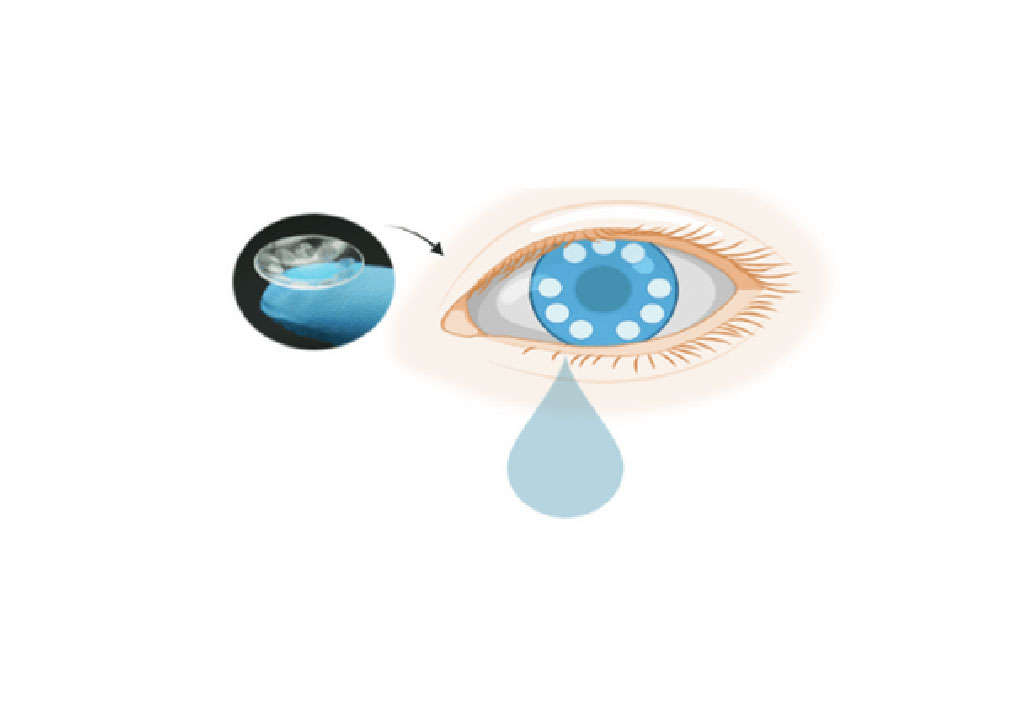Noninvasive Cancer Diagnosis with a Contact Lens-based System that Collects and Analyses Tear Exosomes
Posted on 12 Aug 2022
A novel contact lens-based system for noninvasive cancer screening and diagnosis concentrates and analyzes exosomes shed by cancer cells into tears.
Exosomes are formed within most cells and secreted into many bodily fluids, such as plasma, saliva, urine, and tears. They are lipid-bilayer-enclosed structures, with sizes ranging from 30 to 5,000 nanometers. In the past decade, exosomes have emerged as important mediators of cell communication because they serve as vehicles for the intercellular transmission of biological signals (proteins or nucleic acids) capable of altering cell function and physiology. In addition, exosomes related to cancers have been reported to exist in tears.

The use of exosomes for clinical purposes has been hindered by difficulty in isolating them in sufficient quantity and purity. Current methods involve tedious and time-consuming ultracentrifuge and density gradient techniques, lasting at least ten hours to complete.
To overcome this shortcoming, investigators at Terasaki Institute for Biomedical Innovation (Los Angeles, CA, USA) developed a poly(2-hydroxyethyl methacrylate) contact lens embedded with antibody-conjugated signaling microchambers (ACSM-PCL) capable of detecting tear exosomes. Microchamber surfaces were chemically modified to activate them for antibody binding, and procedures were optimized for binding a capture antibody to the ACSM-CL microchambers and a different (positive control) detection antibody onto gold nanoparticles that could be visualized spectroscopically.
Results revealed that the ACSM-PCL could detect exosomes in the pH range of 6.5–7.4 (similar to the pH of human tears). In particular, the ACSM-PCL could detect exosomes in various solutions, including regular buffer, cell culture media from various cell lines, and human tears. Furthermore, the ACSM-PCL could differentiate expression of exosome surface proteins thought to be cancer biomarkers.
The ACSM-CL was tested against exosomes secreted into supernatants from ten different tissue and cancer cell lines. The ability to capture and detect exosomes was validated by the spectroscopic shifts observed in all the test samples, in comparison with the negative controls. Similar results were obtained when the ACSM-CL was tested against ten different tear samples collected from volunteers.
“Exosomes are a rich source of markers and biomolecules which can be targeted for several biomedical applications,” said senior author Dr. Ali Khademhosseini, director and CEO of Terasaki Institute for Biomedical Innovation. “The methodology that our team has developed greatly facilitates our ability to tap into this source.”
The contact lens system for capture of exosomes from tears was described in the August 10, 2022, online edition of the journal Advanced Functional Materials.
Related Links:
Terasaki Institute for Biomedical Innovation














